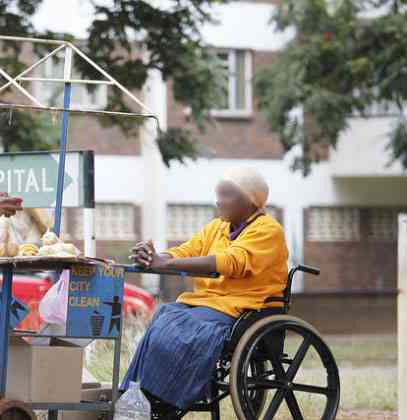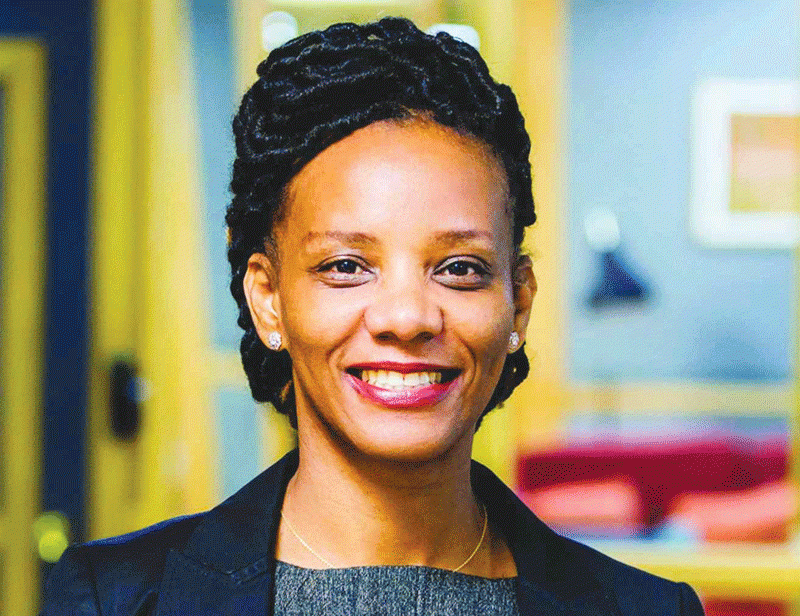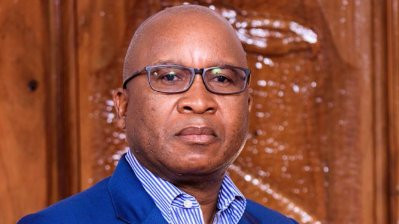
THIS year’s International Women’s Day campaign theme: ‘Inspire Inclusion’, emphasises the importance of ensuring that all women are included and empowered.
Gender equality is a human rights issue and a necessity for advancing an inclusive society.
However, understanding the intersecting identities of women is crucial in addressing poverty and designing policies and programmes that are responsive. Inclusion means the marginalised groups, such a woman with disabilities are not left behind.
Women with disabilities are among the most vulnerable and marginalised. They experience additional barriers that hinder access to education, health care and employment opportunities compared to men with disabilities or women and men without disabilities.
The challenges that they experience are both physical and systemic influenced by societal attitudes, lack of accessibility and discriminatory practices.
The stereotype suggests women with disabilities are passive, dependent on others and this needs to be challenged. The Convention on the Rights of Persons with Disabilities (CRPD, 2006) confirms that women with disabilities are subject to multiple discrimination and necessary measures should be taken to ensure their full and equal enjoyment of all human rights.
This entails taking appropriate measures to ensure the full development, advancement, and empowerment of women. The National Disability Policy further highlights the importance of their realisation to legal capacity, respect for health decisions, the right to work and participation in public and political life.
Women with disabilities must be protected from all forms of exploitation, violence, and abuse.
- Young women enter fight for gender equality
- Neo-liberalism, debt management
- African Sun shines on rising star
- ‘Let’s nurture gender equality mindset from childhood’
Keep Reading
Experiences of women with disabilities
The experiences of women with disabilities vary widely and are influenced by type
and severity of disability, cultural background, geographical location, and socio-
economic factors.
The challenges faced by women with disabilities in rural areas are different from those in urban settings, hence women with disabilities are not a homogeneous group. Physical barriers in the environment are a major hinderance affecting their ability to navigate and participate in society.
Women with disabilities face discrimination based on their gender and disability, in addition they encounter negative stereotypes and attitudes that undermine their abilities and restrict opportunities.
Accessing health care services that support the needs of women with disabilities has been a challenge because health care providers lack the knowledge to address the specific needs and women with mental health conditions are, particularly, more vulnerable due to the lack of understanding leading to various forms of deprivation.
They are often deprived of reproductive health care and at times subjected to forced sterilisation. Some health care facilities are not accessible and in most cases women with disabilities cannot afford health care.
Parenting is a role that most women with disabilities play, although it has been associated with the dilemma of balancing self-care and caring for others. Yet women with disabilities have been resilient and thriving in the face of parental challenges.
Women with disabilities are underrepresented in the work force, the workspace is not accessible and lacks accommodations leading to higher levels of unemployment among women with disabilities.
According to the International Labour Organisation (ILO) men with disabilities are twice likely to be employed compared to women with disabilities.
Women with disabilities are at increased risk of experiencing violence and abuse.
They may also encounter challenges in reporting abuse and accessing support services. Support services may not always provide communication that is accessible to the deaf or visually impaired.
In some cases, there may be limited availability of support services to cater for the needs of women with disabilities. Perpetrators take advantage and exploit the power imbalances to disempower women with disabilities.
According to UN Women, the leadership and political participation of women with disabilities is hindered by systemic marginalisation and structural barriers, which has affected their participation in decision-making and political processes.
In addition, they are underrepresented in coordination mechanisms on disability issues.
Traditionally, women with disabilities have been excluded from the mainstream women’s social movement, mainly because some of the spaces and events have not been accessible and there is limited representation of women with disabilities in leadership, overlooking diversity.
In a survey conducted by Unesco, documenting the voice of women and girls with disabilities in Zimbabwe, the same sentiments related to challenges with accessibility, limited employment opportunities, harmful practices, and gender-based violence have been echoed.
Despite the challenges women with disabilities have been resilient as they actively advocate for their rights and inclusion in society.
Recommendations
Promoting the inclusion of women with disabilities requires a multi-sectoral approach. Accessible infrastructure is key in promoting the participation of women with disabilities.
This includes accessible buildings, transport, public spaces, and accessible rest rooms among others.
Organisations should promote the employment of women with disabilities and provision of reasonable accommodation in the workplace should be made. Access to education and training, including work-based learning will ensure that women with disabilities fully participate and thrive in the workplace.
Their participation in recreation, culture and social events in the community promotes social inclusion. Awareness on the rights of women with disabilities among policy makers, service providers and other stakeholders will address the negative attitudes and perceptions about women with disabilities.
In addition, it is important to support organisations led by women with disabilities to strengthen advocacy for rights and empowerment. Women with disabilities should be given opportunities to participate in decision-making processes to better respond to their needs. Information should be provided in accessible formats such as braille, large print, audio, and digital platforms should be made accessible by people with disabilities.
To promote the inclusion of women with disabilities in all sectors, it is important to apply gender and disability lens to policy and programmes considering the intersecting identities experienced by women with disabilities.
Training of health care and other service providers on disability inclusion will facilitate behaviour change and improve access to services by women with disabilities. The respective authorities should target aspiring women with disabilities, who want to enter the political space and build their capacity.
Promoting voter education and encouraging the general awareness on political rights of persons with disabilities will enhance their participation. Recognising women with disabilities and their participation in society will enhance the achievement of sustainable development goals.
- Tigere is a development practitioner. These weekly New Horizon articles, published in the Zimbabwe Independent, are coordinated by Lovemore Kadenge, an independent consultant, managing consultant of Zawale Consultants (Pvt) Ltd, past president of the Zimbabwe Economics Society and past president of the Chartered Governance & Accountancy Institute in Zimbabwe (CGI Zimbabwe). — [email protected] or mobile: +263 772 382 852.











